Blog
Get the latest news and updates from medicalvalues on healthcare and AI-driven diagnostics topics.
Stay in touch
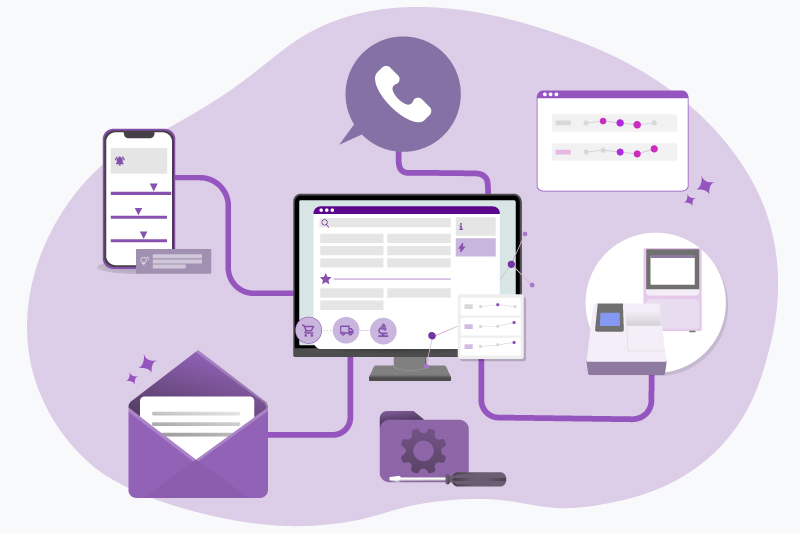
Omni-Channel Laboratory – Modern Integration Replacing Classic DFÜ
Modern omni-channel solutions centrally integrate traditional remote data transmission (DFÜ), order entry, and mobile channels – enabling consistent, efficient, and future-proof laboratory processes.
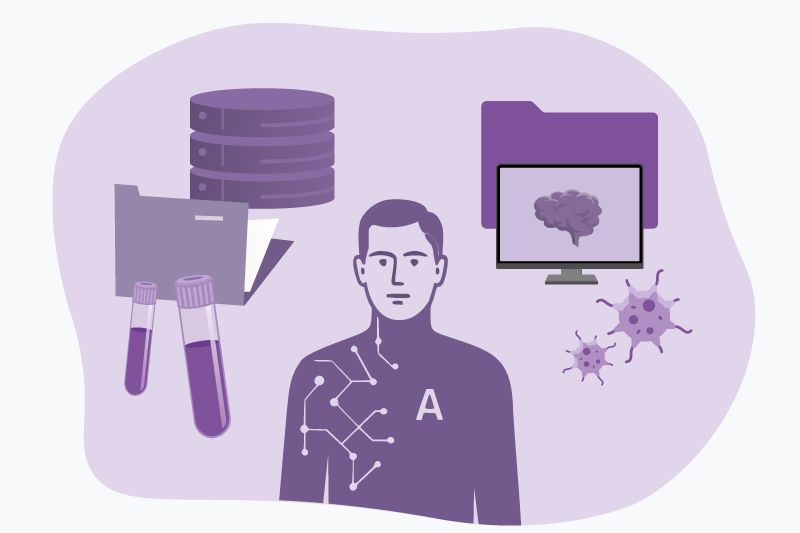
More Data for Anemia than for Cancer? Why AI Is Being Held Back Where It’s Needed Most
A sustainable healthcare system is not just about environmentally friendly hospital design or reducing plastic waste. Sustainability starts with diagnosis: The earlier and more precisely a disease is detected, the more efficiently resources can be used, unnecessary examinations can be avoided, and therapies can be optimized. This has economic, ecological, and social benefits.
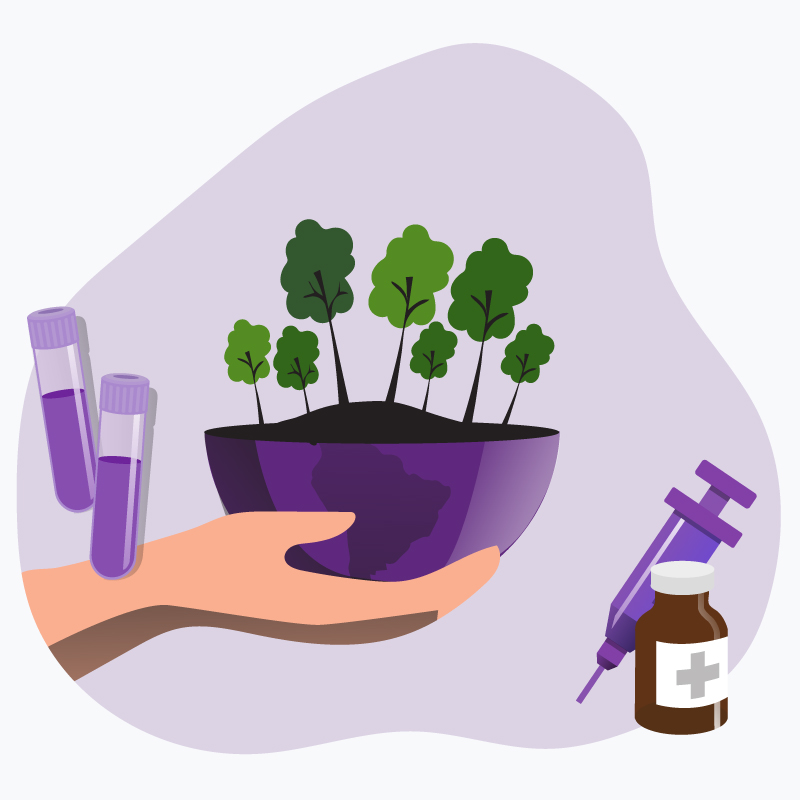
Sustainability in Healthcare: Why Early Diagnosis is Sustainable
A sustainable healthcare system is not just about environmentally friendly hospital design or reducing plastic waste. Sustainability starts with diagnosis: The earlier and more precisely a disease is detected, the more efficiently resources can be used, unnecessary examinations can be avoided, and therapies can be optimized. This has economic, ecological, and social benefits.

Family-Practitioner-Centered Care Made Easy: Better Care and Less Bureaucratic Effort Thanks to the Integration of the HÄVG Validation Module in the Order Entry System
The family-practitioner-centered care (HzV) model aims to improve healthcare quality through targeted patient management by general practitioners (GPs) as central points of contact. While the model offers numerous benefits, it also involves organizational and administrative burdens. Integrating the HÄVG validation module into medical software such as physician information systems (AIS) and Order Entry Systems can significantly alleviate these challenges.
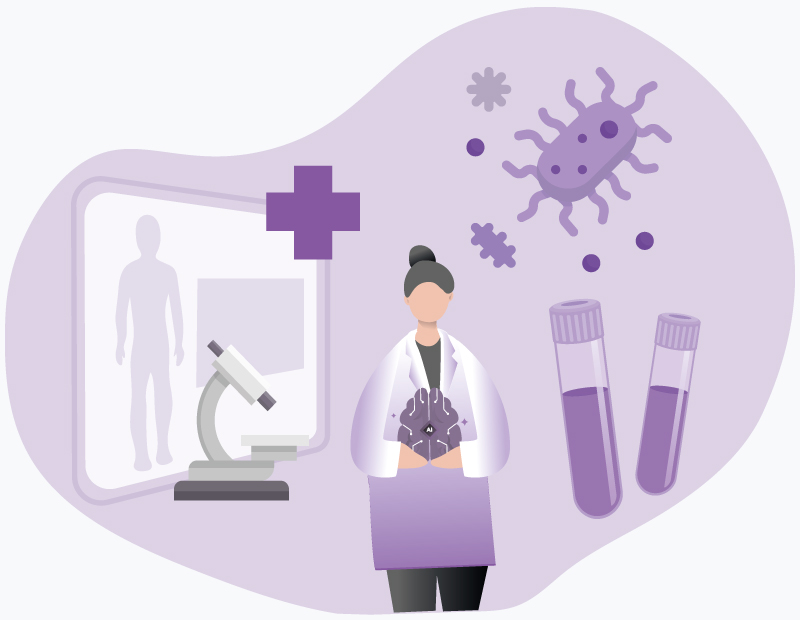
Microbiology: AI in the Fight Against Germs?
Swab, bottle, or tube—what type of sample, at what time, with or without medium, and in which transport container, cooled or not—the challenges of microbiological diagnostics for clinicians and laboratories are vast. Errors or delays can often be life-threatening.
Gain an overview of how Artificial Intelligence (AI) is already contributing to faster and more efficient microbiological diagnostics.
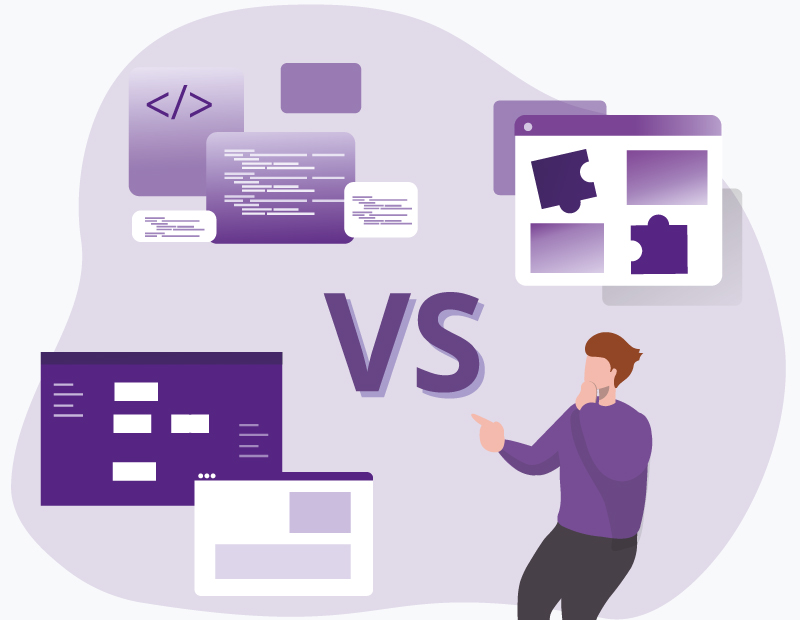
Off-the-Shelf or Custom Software – Which Option Makes Sense for Clinics and Laboratories?
The IT landscape in healthcare faces numerous challenges, including growing complexity, evolving processes, and the need for regional networking. These demands can only partially be met with existing (often outdated) software, creating a need for new, modern solutions. This raises a recurring question: Off-the-shelf, custom, or a middle ground – which IT strategy is worth pursuing and when?
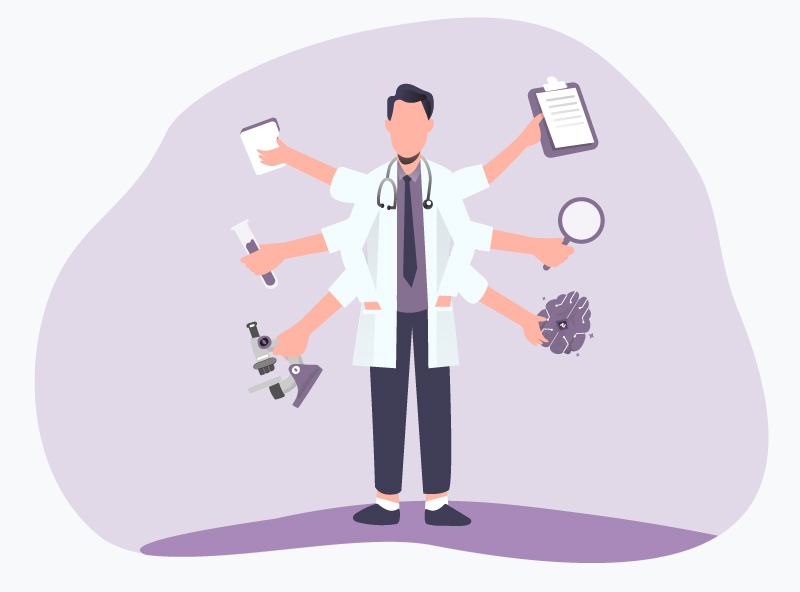
The Diagnostician: Dr. House as a New Career Model?
Have you ever watched those medical dramas where the heroes in white coats are handling lab work one minute and performing a CT scan the next? As a doctor, I always found this amusing, as in reality, you would need a laboratory physician for the former and a radiologist for the latter. Yet, recently, we’re hearing more and more about a new role – the “Diagnostician” – which seems to blend these fields. What does this entail, and does it make sense?
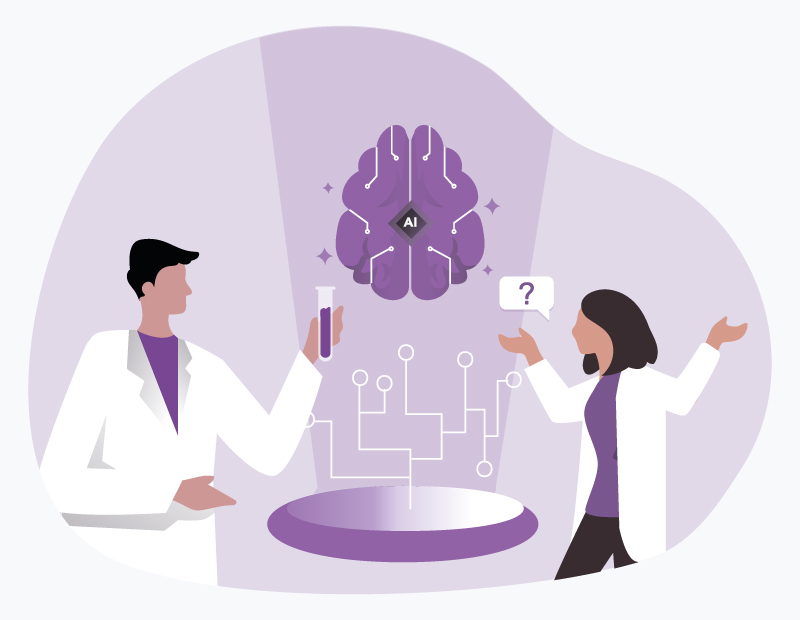
Artificial Intelligence in Medicine: Active Ingredients, Applications, and the Right Dosage?
Since the beginning of time, medicine has hoped for universal cures: Penicillin for all types of infections, Laudanum for pain and insomnia—and now, Large Language Models (LLM) like ChatGPT & Co? Doctors and patients have high expectations, but is this one AI “miracle drug” really the best solution for all medical questions?
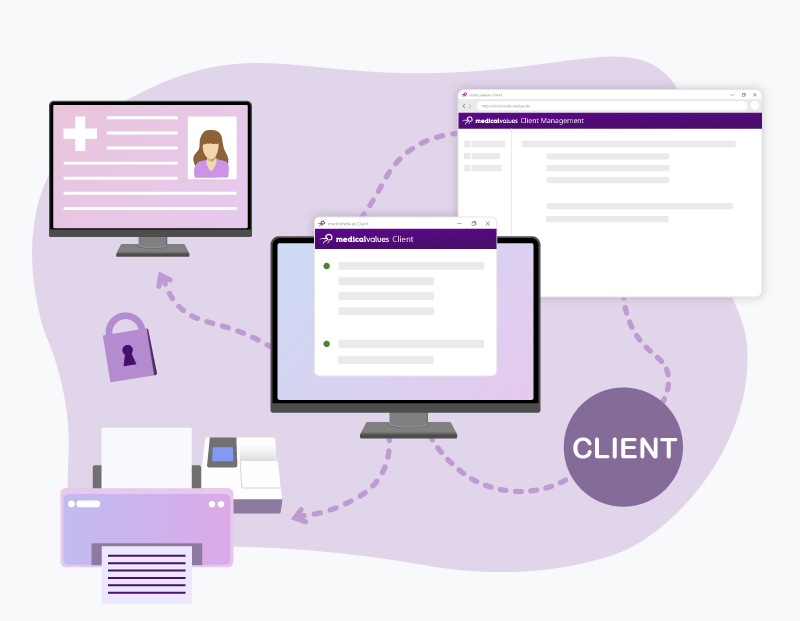
medicalvalues Client – Flexible. Efficient. Connected.
The collection and processing of medical data, as well as the networking of processes, systems, and healthcare providers, are integral components of the increasingly digitalized care process.
The medicalvalues Client offers a lightweight solution for intelligent data extraction and distribution for your practice and clinic systems, enabling seamless integration into existing infrastructures as well as centralized organization.
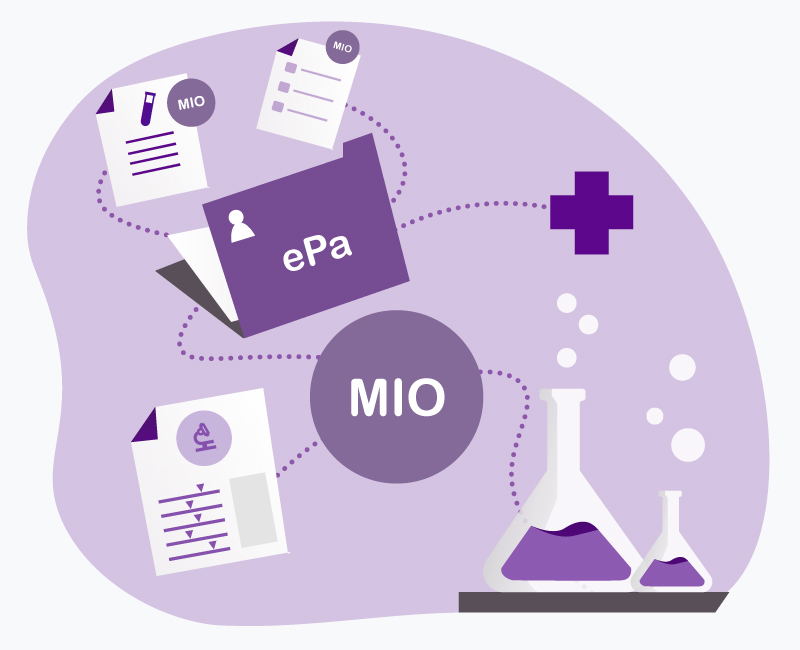
MIO Laboratory Report: The Future Path of Laboratory Results into the Electronic Health Record (EHR)
The mio42 GmbH, in collaboration with KBV, has taken on the responsibility for the specification and development of Medical Information Objects (MIOs) for the cross-system exchange of health and patient data. In the context of the MIO laboratory report, they outline the prospective mandatory path for a standardized laboratory report into the electronic health record (EHR), relying on industry standards such as FHIR and LOINC.
In recent months, the implementation of the MIO laboratory report has been further refined. The commenting phase is complete, and the introduction is expected in the second half of 2025.
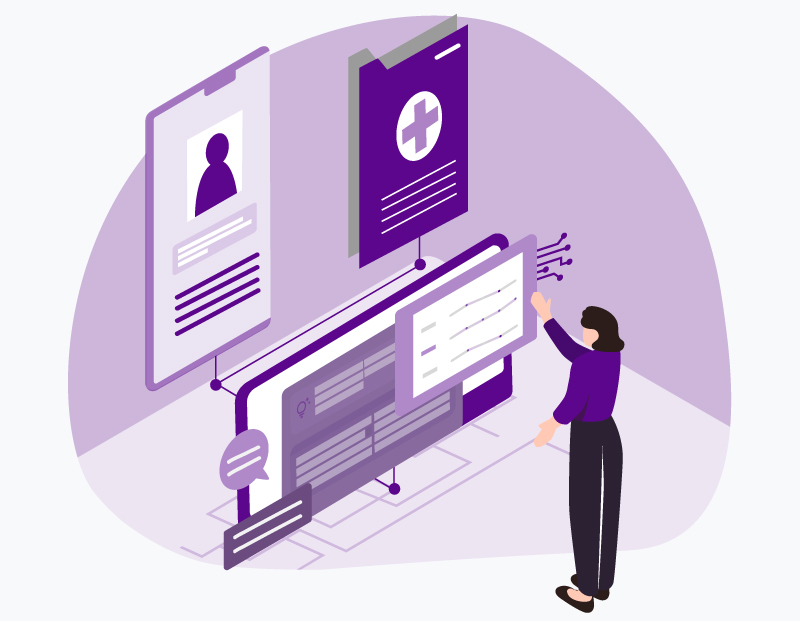
Personalized Ordering System for Complex Customers
Customers have access to a vast array of laboratory tests: depending on the lab, they can order from several hundred to thousands of different parameters. Particularly in complex cases and interdisciplinary specialties, the need for modern support solutions is apparent.

Simple Ordering System: 6 Strategies for Easy Onboarding
In an increasingly digitalized healthcare landscape, we strive to make digital ordering systems available to all customers.
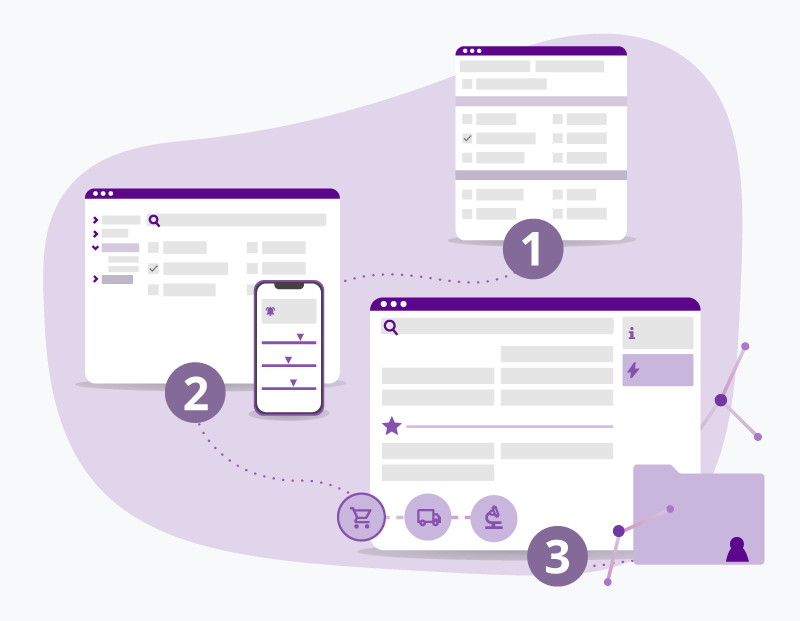
Next Generation Ordering System: The evolution of laboratory ordes and report view in three generations
Laboratories have long recognized the benefits of digital communication with their customers. Printed test catalogs and paper-based order forms with color-coded categories are increasingly becoming a thing of the past, gradually being replaced – or at least supplemented – by electronic ordering systems.
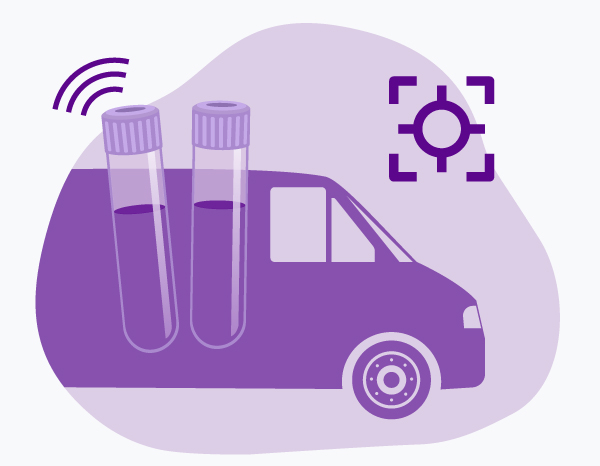
Track & Trace – quality improvement for medical pre-analysis
Modern laboratory diagnostics are very precise. Thanks to highly developed measurement technology and numerous control mechanisms (precision controls, interlaboratory tests, accreditation, etc.), serious measurement errors in the laboratory are virtually impossible. Faulty laboratory results are usually not caused by faulty laboratory analysis, but are due to (human) errors in pre-analysis. Sample tracking is a useful tool for minimising errors in the pre-analytical phase and improving the classification of any measurement inaccuracies.
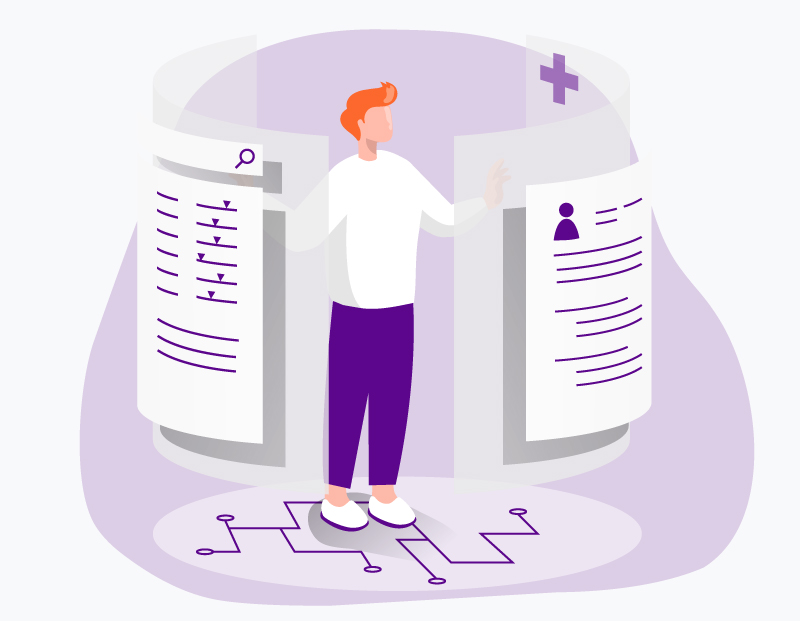
(Un)structured data in electronic patient records: From digital scan to medical information source
With the introduction of the mandatory e-prescription at the beginning of this year and the forthcoming mandatory electronic patient file in 2025, paper files in the healthcare system seem to be obsolete. However, despite advancing digitalization, the reality is different: Little to no systematized paper documents continue to pose major challenges for doctors this year. This underlines the importance to systematically digitize these documents with essential information.
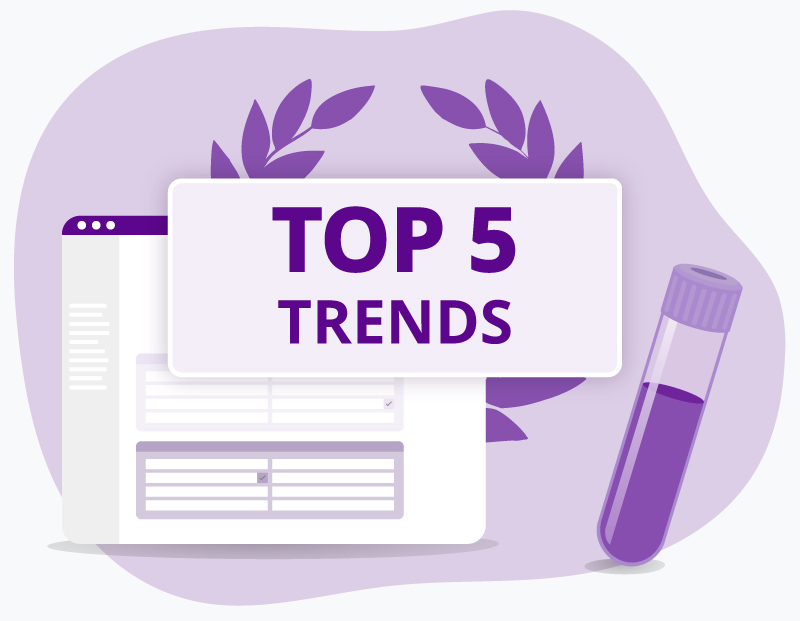
Top 5 trends in the order entry market for 2024: focus on customer needs and efficiency
In the world of laboratory medicine – a digital pioneer in the healthcare sector – a dynamic development is emerging. We have identified key trends in the order entry market that are of particular importance in German-speaking countries for 2024.
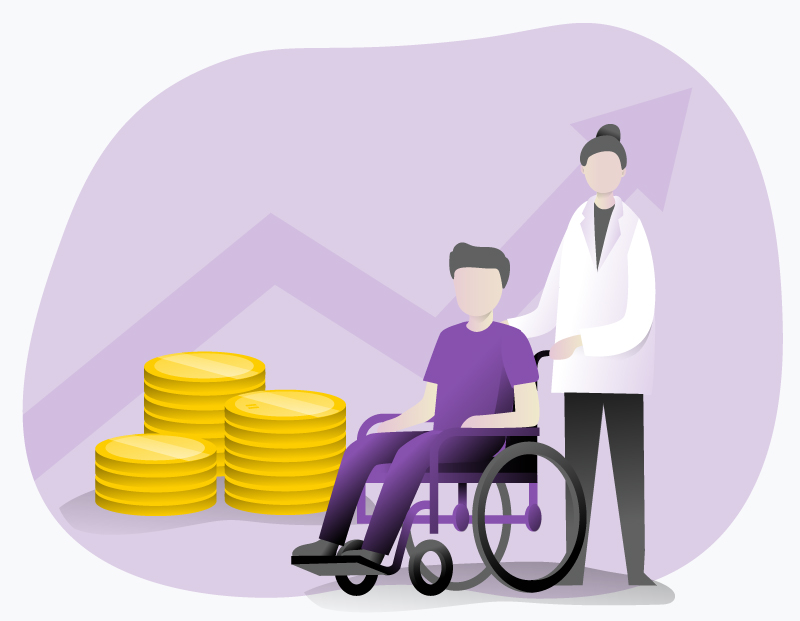
Optimising clinical processes: Improving diagnosis and reducing the workload in the clinic with laboratory diagnostics
The economic pressure on hospitals in Germany has increased in recent years, leading to a situation in which medical care is in many cases no longer focused solely on the interests of the patient. In an interview in December 2022, the German Federal Minister of Health, Karl Lauterbach, stated: “Today, no hospital can afford to focus solely on medical care.”[1] In order to manage the conflicts of interest between business and health care, it is not sufficient to focus only on those departments that have a comparatively high financial return. Instead, a targeted analysis is needed, which can be used to optimise clinical processes to improve patient care. Targeted and early diagnosis, supported in particular by laboratories, is therefore a key factor. Innovative ideas and technologies can increase the efficiency and effectiveness of these processes.
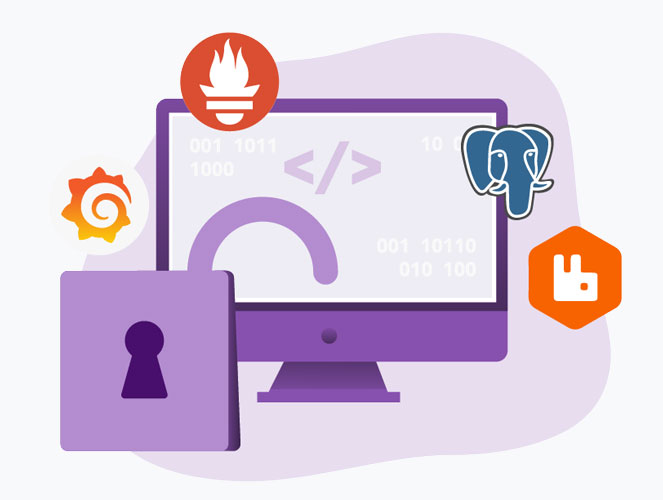
Open Source in Healthcare: Data management and -security in harmony
As an extremely current topic, open source systems are becoming increasingly relevant in many industries, and therefore also in healthcare. Open source is an innovative approach to software development and data use based on collaborative development and the sharing of code. This philosophy enables free accessibility of software and technologies, which promotes increased efficiency and flexibility in both the business and healthcare sectors, as well as in other industries.
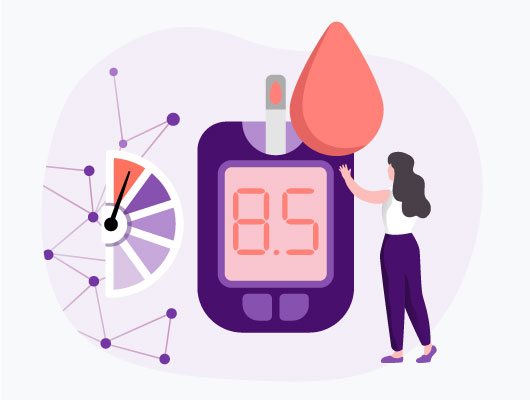
(Pre-)Diabetes in Clinics: Effective Early Detection to Optimize Health Care
In Germany, almost 6.2 million people are officially diagnosed diabetics. Together with the considerably high number of undetected cases (estimated at 1.35 million), the disease affects more than 9% of the German population [1]. Diabetes mellitus is not only widespread, affected individuals face serious health consequences. The disease has disruptive effects on the regularization of blood glucose levels. In addition, it negatively affects the functions of the kidneys, blood vessels, nerves and many other organs. In order to prevent more serious consequences for patients, effective early diagnosis is extremely important. Therefore, the question arises: How can we improve the early detection of this disease?
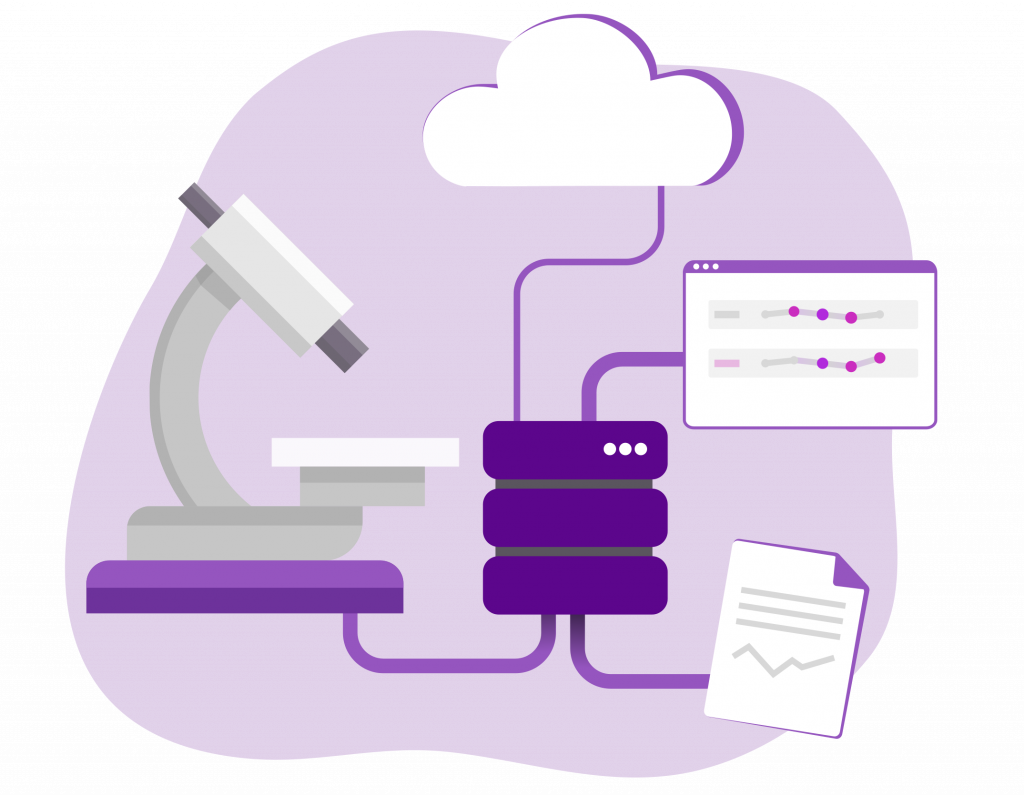
Modular solutions: Delivering innovation without interrupting the central LIS/LIMS processes
Laboratory test results influence approximately 70 percent of medical decisions, including diagnosis, treatment and ongoing management of patient care. Medical laboratories have always been at the forefront of healthcare innovation. However, to meet the increased demands, many Laboratory Information Systems (LIS) have become increasingly complex and customer-specific, which in turn limits flexibility and innovation capacity in many areas. But what could a modern LIS infrastructure actually look like?
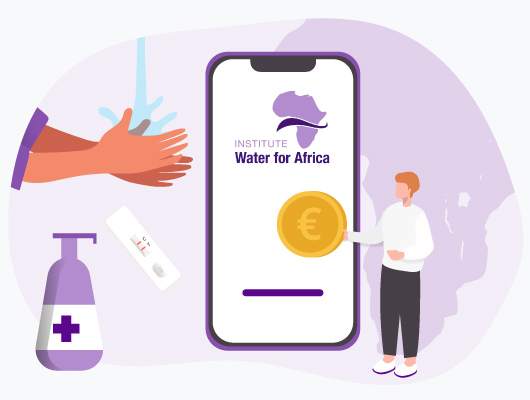
Across Oceans and Borders: Purposeful Support for Medical Facilities
Access to clean water and sanitation is a basic human right, yet millions of people in Africa still lack access to these essential resources. The situation is particularly dire in rural areas, where people often have to walk long distances to fetch water from contaminated sources. The lack of clean water and sanitation facilities leads to the spread of waterborne diseases, which can be fatal, especially for young children.

